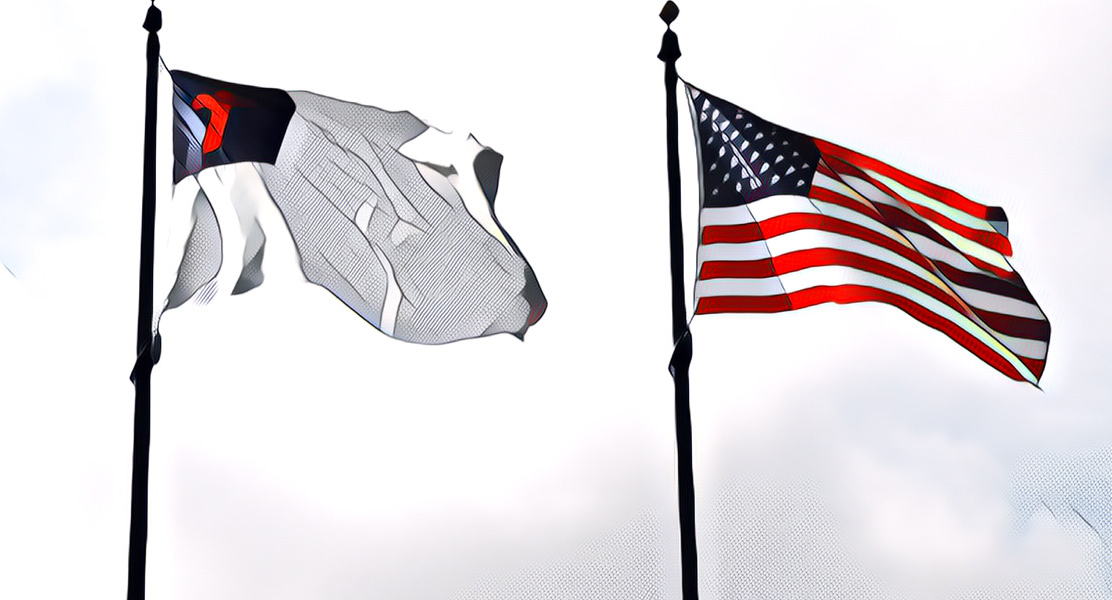Unanimous Supreme Court holds Boston’s refusal to fly Christian flag violates free speech guarantee in light of practices allowing other flags

This week, the U.S. Supreme Court ruled that policies implemented by the city of Boston surrounding their practice of flying flags of outside groups at city hall did not allow the exclusion of the Christian flag.
By a vote of 9-0, the Court in Shurtleff v. Boston held that Boston’s flag-flying program did not amount to “government speech” and thus did not allow officials to “exclude speech based on ‘religious viewpoint.’”
As BJC Executive Director Amanda Tyler tweeted, the ruling is not a surprise and likely reflects Boston’s approach in particular. Further, as she points out, the opinion explicitly leaves room for different policies that would have generated a different outcome. She writes:
The impact of this opinion seems fairly limited, maybe even to the particular facts of this policy. … In other words, there is a way for cities to make clear that flag raisings constitute government speech. Boston didn’t do it here, but it can revise its policy for the future.
The majority opinion, which was written by retiring Justice Stephen Breyer, looked at a number of factors in analyzing the flag-flying program, “including: the history of the expression at issue; the public’s likely perception as to who (the government or a private person) is speaking; and the extent to which the government has actively shaped or controlled the expression.” Breyer concluded that Boston’s policies simply did not support the city’s contention that the flag-flying program is an example of the government controlling its own message.
Here is an excerpt from the opinion:
Boston could easily have done more to make clear it wished to speak for itself by raising flags. Other cities’ flag flying policies support our conclusion. The City of San Jose, California, for example, provides in writing that its “‘flagpoles are not intended to serve as a forum for free expression by the public,’” and lists approved flags that may be flown “‘as an expression of the City’s official sentiments.’”
All told, while the historical practice of flag flying at government buildings favors Boston, the city’s lack of meaningful involvement in the selection of flags or the crafting of their messages leads us to classify the flag raisings as private, not government, speech—though nothing prevents Boston from changing its policies going forward.
In a concurring opinion joined by Justices Clarence Thomas and Neil Gorsuch, Justice Samuel Alito proposed a much different and more limiting test for determining whether expression is government speech or private speech.
[G]overnment speech occurs if—but only if— a government purposefully expresses a message of its own through persons authorized to speak on its behalf, and in doing so, does not rely on a means that abridges private speech.
The question of how to draw the line between government and private speech centers many religious liberty disputes, including Kennedy v. Bremerton School District. That’s the case currently before the Supreme Court involving a high school football coach who contends his practice of praying at the 50-yard line at the conclusion of games was private speech, not government speech and thus could not be barred by the school district. The Court will announce a decision in that case by the end of June.
For more on the city of Boston case, check out this week’s Respecting Religion podcast. Tyler and BJC General Counsel Holly Hollman analyze Monday’s decision and the concurrence in a wide-ranging conversation. Subscribe to Respecting Religion on your favorite podcasting provider!




